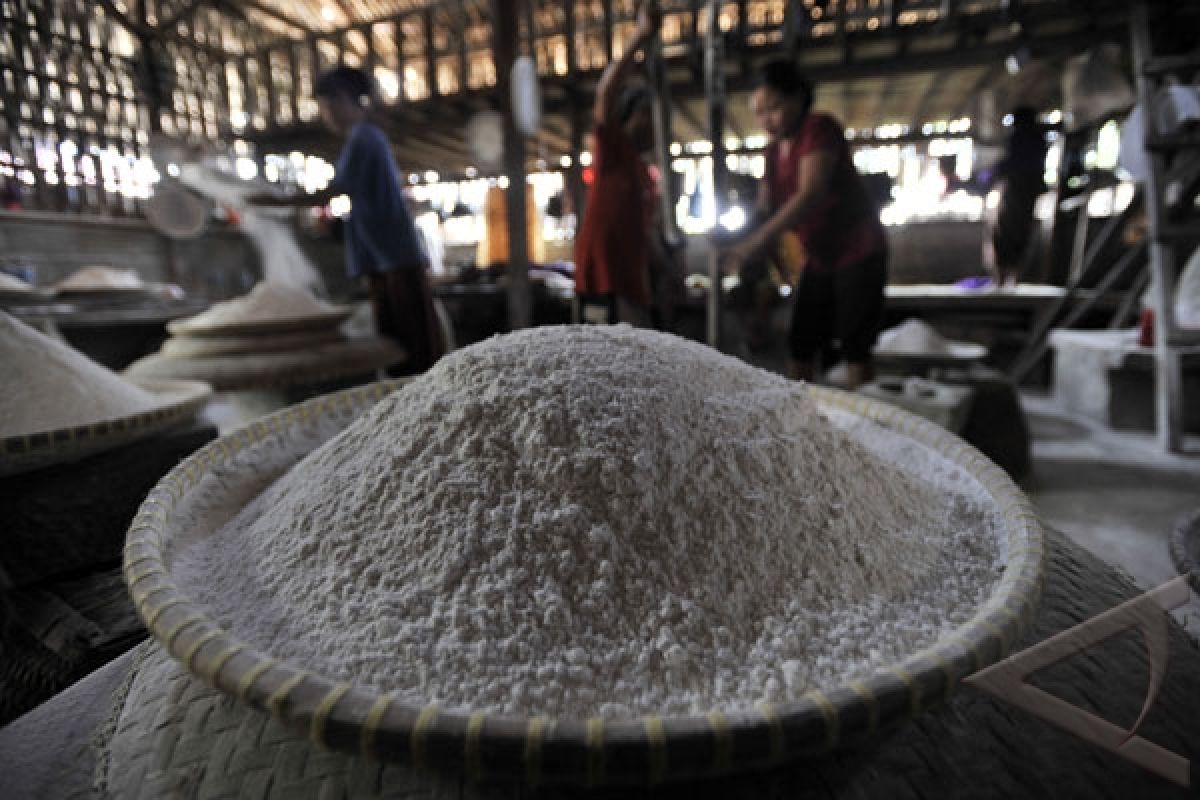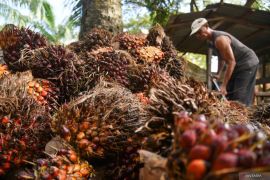Aptindo executive director Ratna Sari Loppies said on Monday that demand for wheat flour in the country continued to increase in line with the increasing population.
"As wheat has become the second staple food after rice, demand for wheat flour from both the public and the industry continued to increase. This is also because Indonesia has begun supplying biscuits to the Asian market," she said.
Ratna said that instant noodles, bread and cake industries were still the main sub-sectors which absorbed most of the country`s wheat flour supplies.
Ratna said that the increase in the demand for wheat automatically raised the volume of import of the commodity and its basic material, namely wheat seeds.
Up to now, the need for wheat flour is still meet by wheat seed processing industry at home and through import.
She predicted that domestic wheat seeds industry could produce about 3.6 million tonnes of wheat flour this year.
Producers, Ratna said, need some five million tonnes of wheat seeds, all of which should be imported.
"After being processed, only three-fourth of the wheat seeds could be turned into wheat flour while the remaining one-fourth becomes fodder," she said.
Based on data at the Central Board of Statistics (BPS), the biggest countries which exported wheat seeds and meslin (a type of wheat) were Australia (3.7 million tonnes), Canada (982,000 tonnes) and the United States (747,000 tonnes).
Besides importing wheat seeds, business players also imported wheat flour to meet the four carbohydrates in various types of food at home.
According to the BPS data, Indonesia`s wheat flour import in 2011 stood at 680,000 tonnes worth Rp267.7 million. The main suppliers included Turkey (387,000 tonnes), Sri Lanka (207,000 tonnes) and the remaining ones come from Ukraine, Belgium and Australia.
(Uu.A014/INE)
Editor: Priyambodo RH
Copyright © ANTARA 2012












